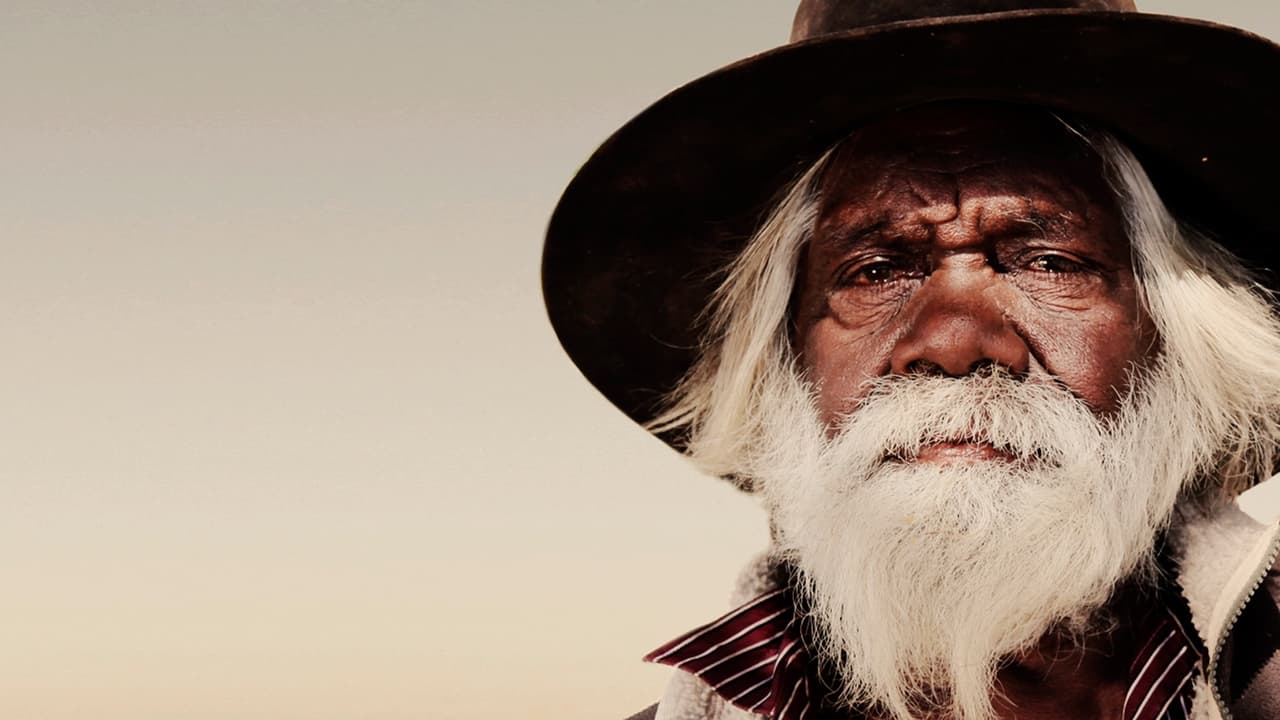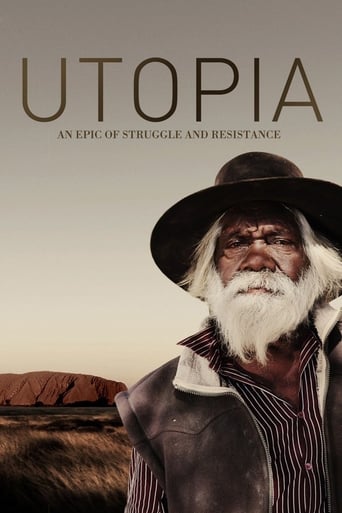ReaderKenka
Let's be realistic.
Reptileenbu
Did you people see the same film I saw?
Senteur
As somebody who had not heard any of this before, it became a curious phenomenon to sit and watch a film and slowly have the realities begin to click into place.
Allissa
.Like the great film, it's made with a great deal of visible affection both in front of and behind the camera.
Pamela Nash
As an Australian, I fully acknowledge and support the content of this hard-to-watch documentary. This is not 'news' to anyone in Australia who watches our shameful history regarding indigenous peoples.John Pilger is a highly acclaimed award winning Australian journalist who throughout his lifetime has contributed to humanity by calling the truth - http://johnpilger.com/biography. One reviewer criticizes him for not having lived in Australia for decades. The truth is the truth, no matter where you live in our global village. I would like to correct some content in one of the reviews here, which is otherwise a very thoughtful and intelligent review. 'The first thing shown to you is a 70's era anchorman talking about the plan of sitting ministers to simply round up people for no reason, and move them away, then taint their drinking water to sterilize them in a "Humane" manner'. This man was not an anchorman. At that time, he was by far the richest 'self-made' man in Australia. His name is Lang Hancock, a Western Australian iron-ore mining magnate (1909-1992). His daughter, Gina Reinhart (1954-present), is heir to his fortune and is one of the four richest women in the world. As an Australian I am utterly ashamed and disgusted by Hancock's sickening view and he did not speak back then for all Australians, although many Australians still wish the 'aboriginal problem' would 'just go away'! Another reviewer suggests that Pilger's report is biased and one-sided. Of course, we do not need to 'fix what is not broken' so Pilger's film explores the underbelly of racism and genocide...... the 'positive' things can readily be found if one cares to look. Journalists such as Pilger shine the light in the darkest of places across the world - where most don't dare go. He is not frightened by power and people often, if indeed they even bother to access such documentaries, feel very uncomfortable and challenged about their own view of our world. This then, surely, is a vehicle for inspection and change.
sazebs .
This is the first review I have ever written. Like with a lot of movies that move me, I go back to IMDb after its over, and think of writing a review. And then I think pff it's late, it'll take too long. I'm tired. etc.but when i fell upon a couple negative reviews after watching this film, thought i'd try and set the record straight.This is a very good documentary. not because of how it's filmed, or edited or whatever, it's simply about the subject. It's deep. It's moving. And once it's over, it sticks with you for a while. You know that effect, like your left in some aftermath of a shocking event.The negative reviews say its one-sided. A lot of documentary's are biased anyway, when you think about it, just trying their best to get their point across. And if this one is, it doesn't matter 'cos we clearly don't hear enough about the sufferings and struggles of the aboriginal community, and you can't deny them. Maybe the Australian "white man" was demonised, maybe things were slightly inflated to fit the purpose. Don't care. You need to hear this stuff. Everyone needs to hear this stuff. Take it with a pinch of salt if you want, but watch it.ps just read Jesse Boland's review (above). way better than mines and on point.
John Thomas
Deceptive journalism at its best. A thoroughly one sided and repetitive film. John Pilger is a self righteous git who edits facts, interviews and footage to suit his point of view. Cheap tricks like adding foreboding music and dark shaky film effects are used to accompany many shots featuring the Australian army, police, government and other opposing parties. Token attempts to appear unbiased by allowing people to explain their actions regarding the aboriginal people are few and often cut short. Yes the aboriginal people have suffered many injustices over the years and more needs to be done, but Pilger paints a picture of a demonic race of white Australians mercilessly eradicating the entirely innocent indigenous population. The whole film is focused on blame and not once does he show or mention anything positive that the Australian government is doing or has ever done to help. I feel less intelligent having seen this film, it seems like John Pilger has taken many a leaf from 'A Current affair' and 'Today tonight'. Incitive rubbish. Do not waste your time.
l_rawjalaurence
The title UTOPIA is ironic, referring to a district of Australia set aside for the native Aboriginies that is anything but Utopian. John Pilger's documentary takes a long hard look at the ways in which the Aboriginies have been systematically abused by the white majority, who have not only taken their land, but subjected them to a series of indignities, whether physical, mental, or legislative. In many parts of the country they live in abject poverty, in communities redolent of nineteenth century England, with little prospect of improvement. Small children are often taken away from their families and made to assimilate into mainstream white culture. A succession of government policies have subjected them to heavy-handed police tactics, as well as being invaded by the Australian army. As with many of his films, Pilger's documentary is hard-hitting and opinionated, with the presenter-director asking the kind of questions of important politicians (e.g. former Prime Minister Kevin Rudd) that few of his contemporaries dare ask. In structural terms, however, the film becomes rather monotonous in terms of content - a bit of judicious pruning wouldn't have come amiss. But watchable nonetheless.

